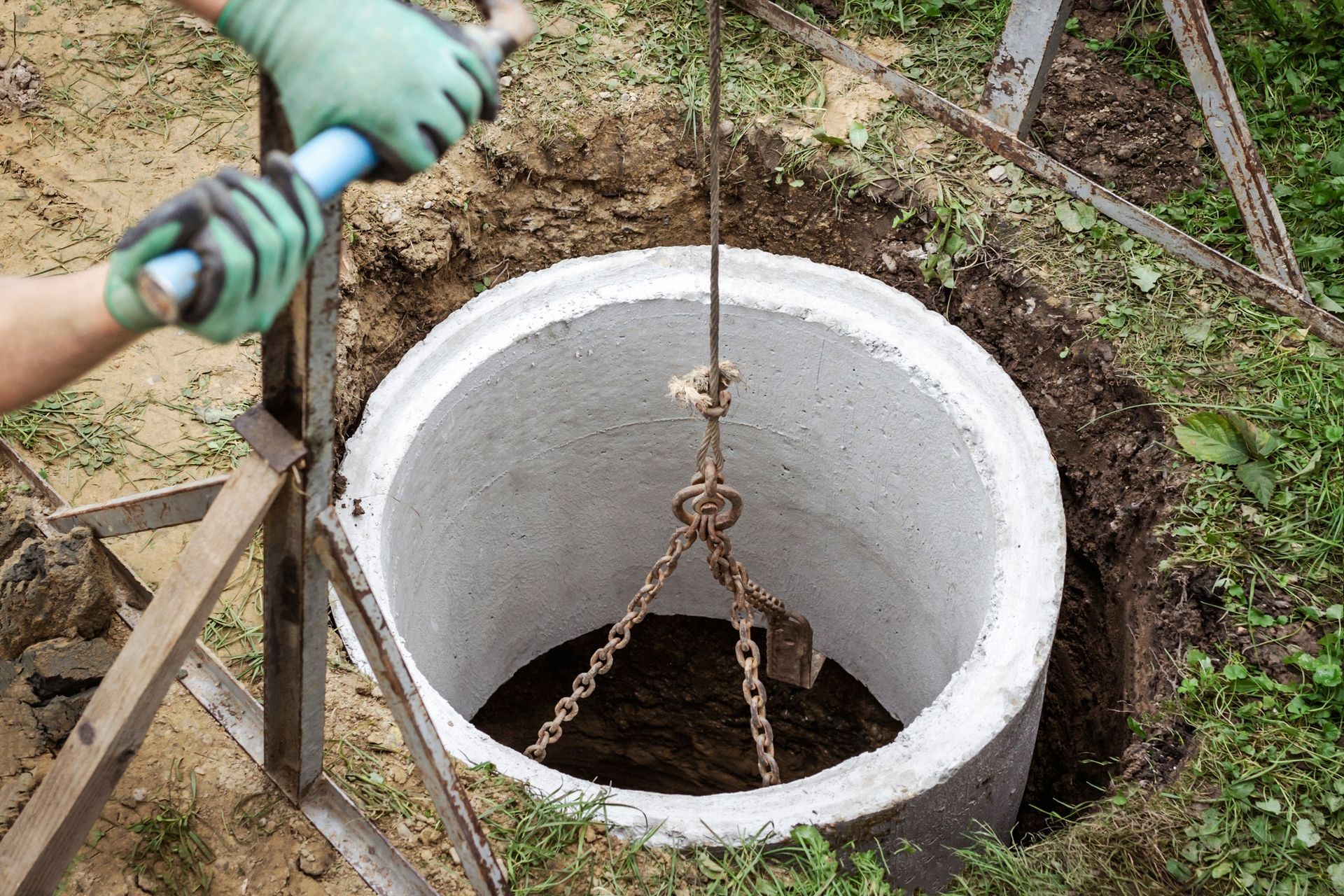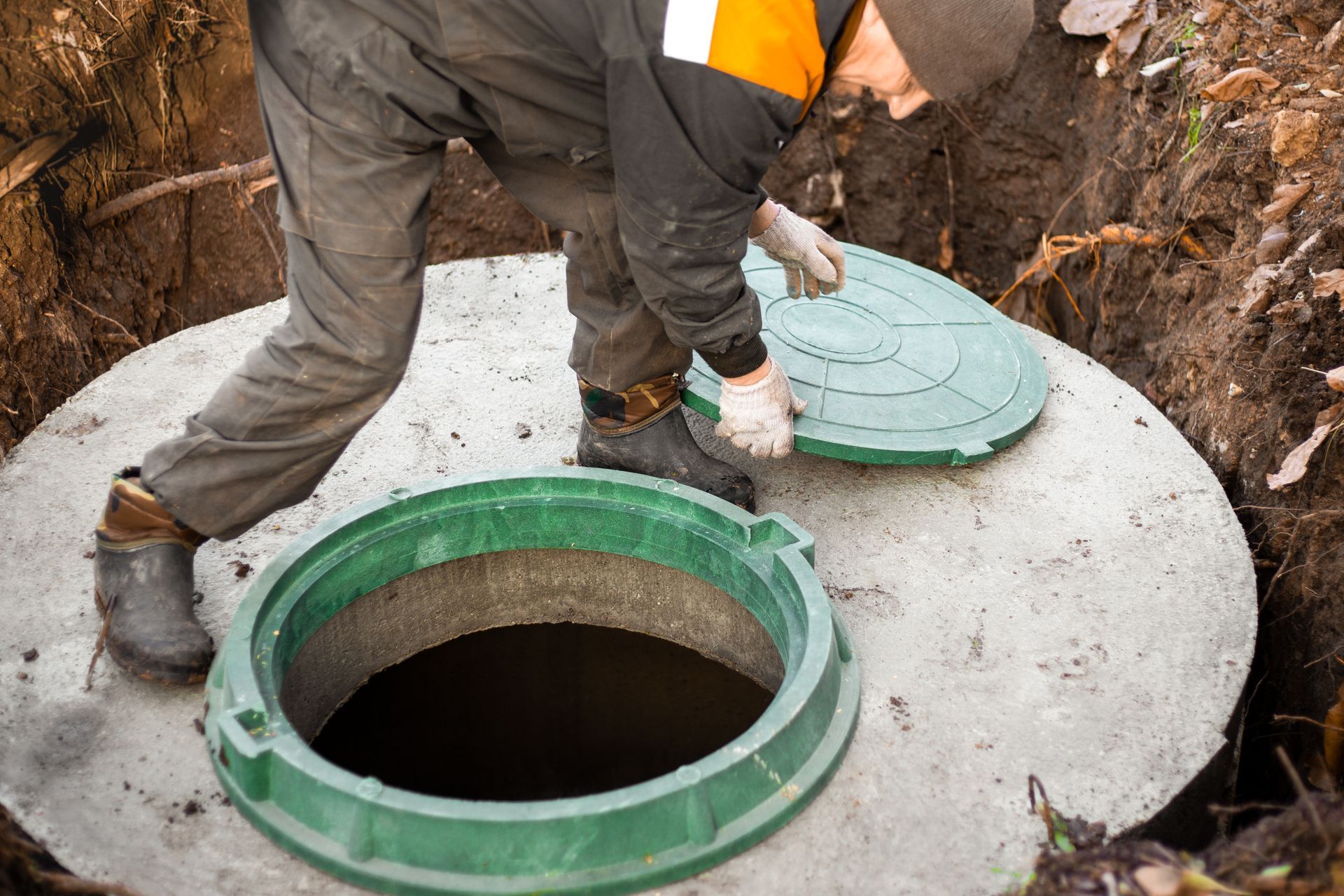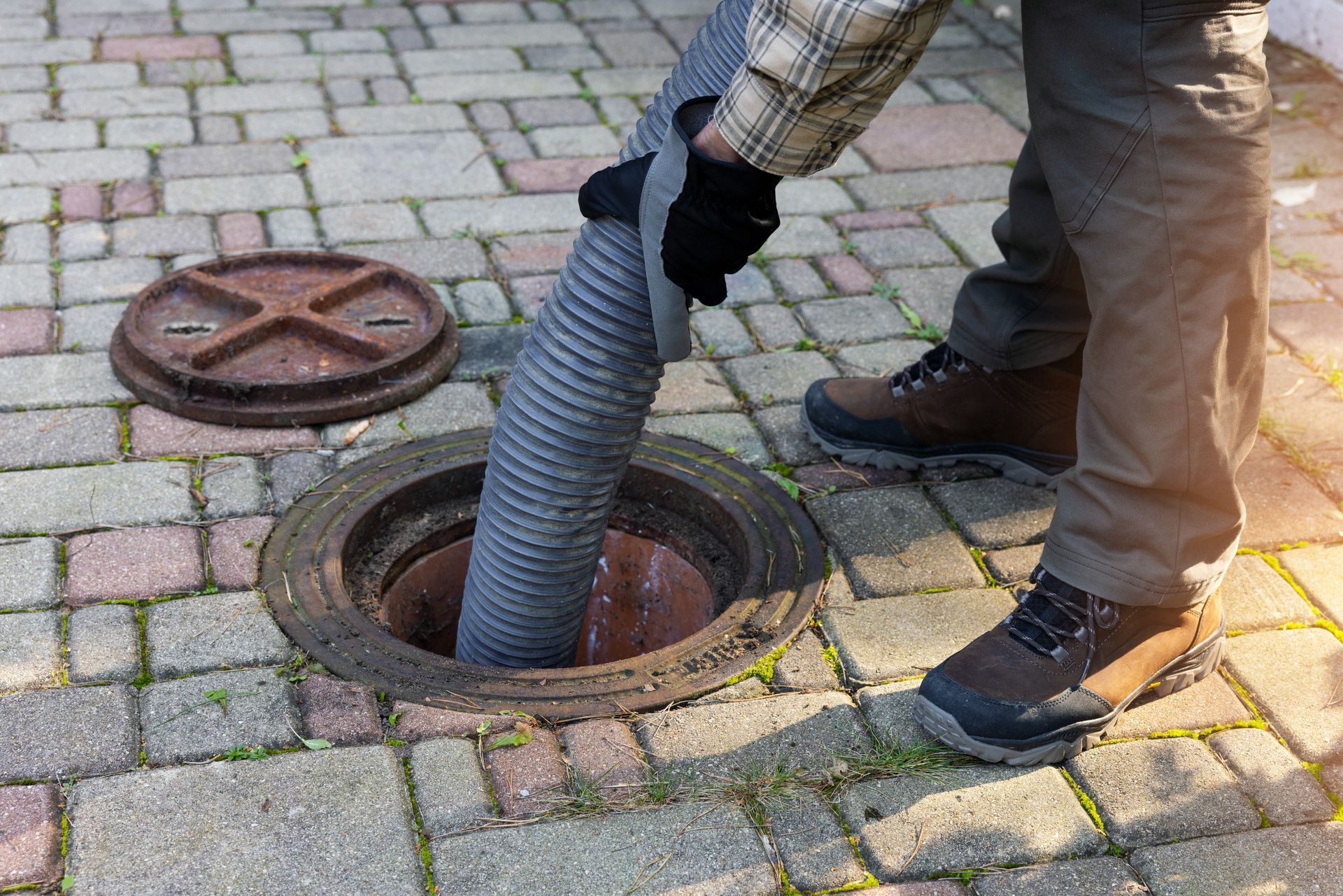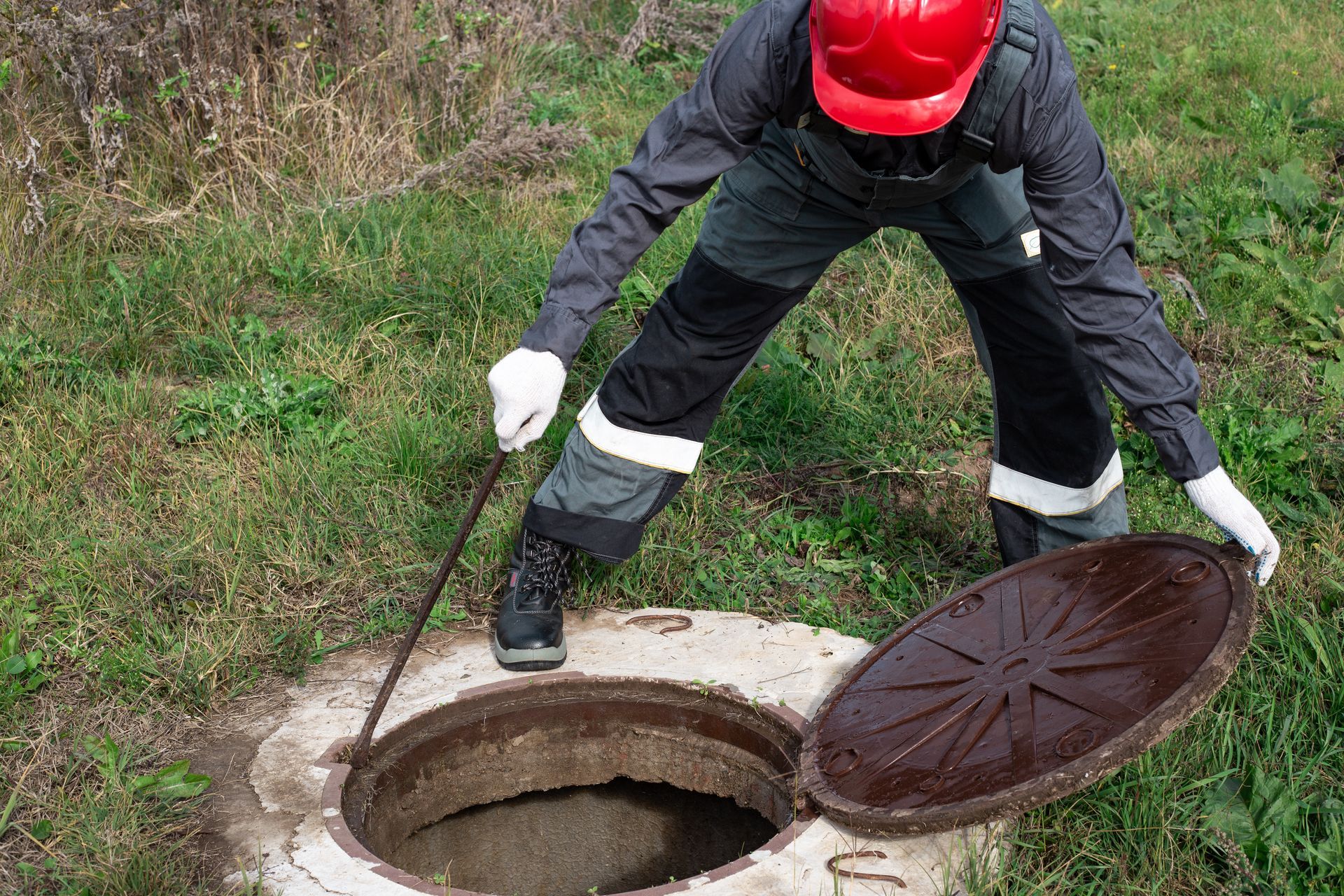Navigating New Regulations: Septic System Compliance in Colorado
With Colorado’s evolving environmental landscape, staying compliant with septic system regulations is crucial for property owners. Stricter regulations are being implemented to ensure environmental safety and public health. Navigating these changes can be challenging, but understanding them is essential to maintaining compliance. This blog highlights key regulations and offers guidance on achieving septic system compliance in Colorado.
Understanding Colorado’s Septic System Regulations
Colorado has established a comprehensive set of regulations governing septic systems to protect soil and water quality. These regulations specify guidelines for system design, installation, and maintenance, ensuring that systems meet environmental standards. Understanding these regulations is crucial for property owners to avoid penalties and ensure their systems operate efficiently.
Permitting and Inspection Requirements
One of the primary aspects of Colorado’s septic regulations is the requirement for permits and regular inspections. Property owners must obtain permits when installing new systems or making significant modifications to existing ones. Inspections are mandated to assess system functionality and compliance with state and local standards. Staying up to date with permitting and inspection requirements is essential for maintaining compliance.
Design and Installation Standards
Regulations also outline specific design and installation standards for septic systems. These standards ensure systems are appropriately sized and constructed to handle the waste load of the property. Non-compliance with design standards can lead to system failures and environmental damage. Working with experienced professionals during installation helps ensure adherence to these standards.
Maintenance and Monitoring Guidelines
Regular maintenance and monitoring are integral components of septic system compliance. Colorado regulations specify routine pumping and inspection frequencies to prevent system issues. Property owners must maintain records of maintenance activities as proof of compliance. Adhering to these guidelines helps prolong system lifespan and supports environmental conservation.
Addressing Common Compliance Challenges
Achieving compliance with septic system regulations can pose challenges, such as understanding complex guidelines or managing system upgrades. Common issues include improper system sizing, lack of regular maintenance, and outdated components. Addressing these challenges requires proactive measures, including consulting with experts and implementing recommended upgrades.
The Role of Technology in Compliance
Technological advancements are aiding compliance efforts by simplifying monitoring and maintenance. Smart septic systems offer real-time monitoring, allowing property owners to detect issues and ensure system efficiency. Automated reporting features help streamline record-keeping, making it easier to demonstrate compliance with regulatory requirements.
How Urgent Services LLC Ensures Compliance
Urgent Services LLC is committed to helping property owners navigate the complexities of septic system regulations in Colorado. Our team provides expert guidance, from obtaining permits to conducting inspections and ensuring systems meet all regulatory standards. We leverage the latest technology to enhance system efficiency and simplify compliance processes.
Stay Ahead with Expert Compliance Solutions
Staying compliant with septic system regulations is essential for protecting the environment and avoiding legal consequences. By understanding the requirements and partnering with knowledgeable professionals, property owners can ensure their systems operate efficiently and sustainably. Contact Urgent Services LLC today to explore how we can assist you in achieving septic system compliance in Colorado.










